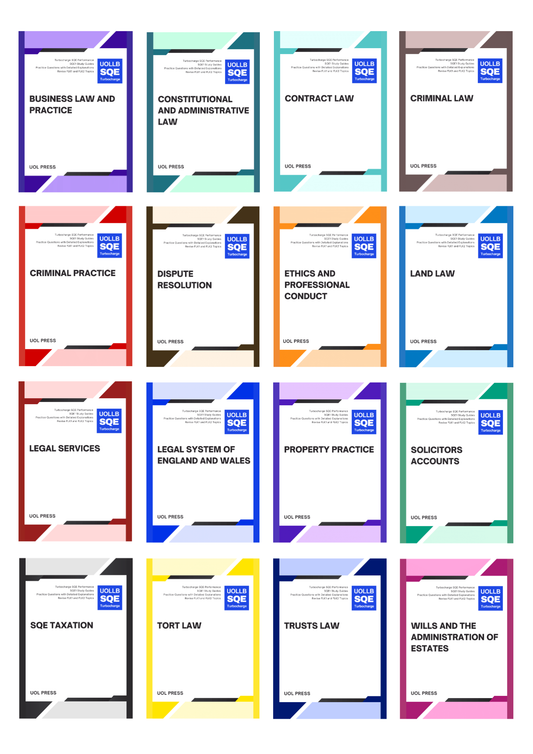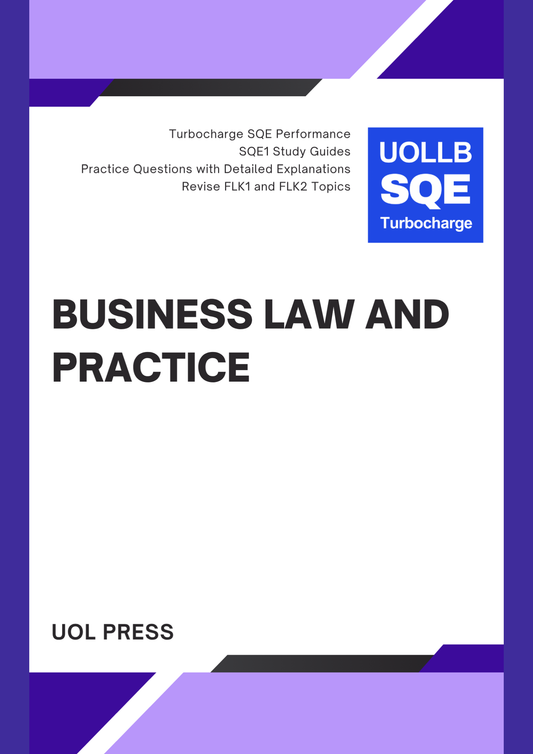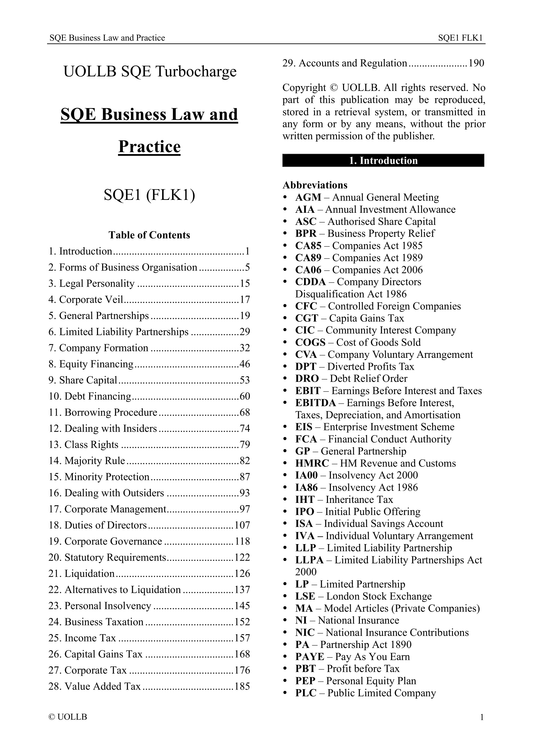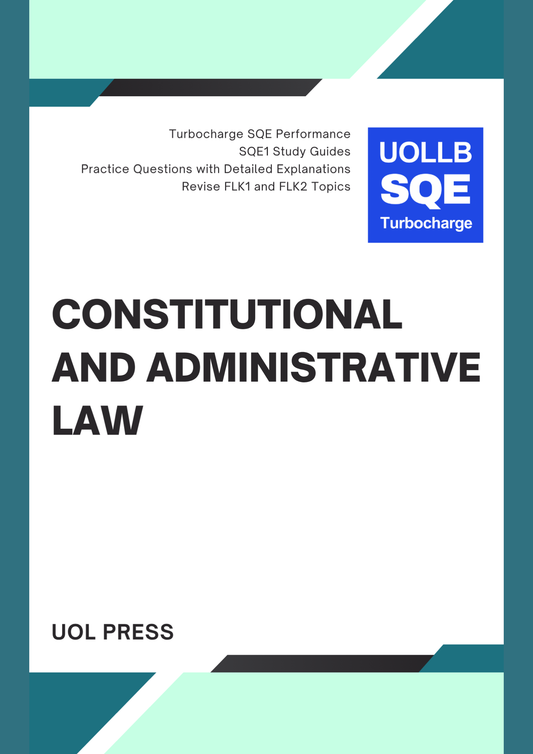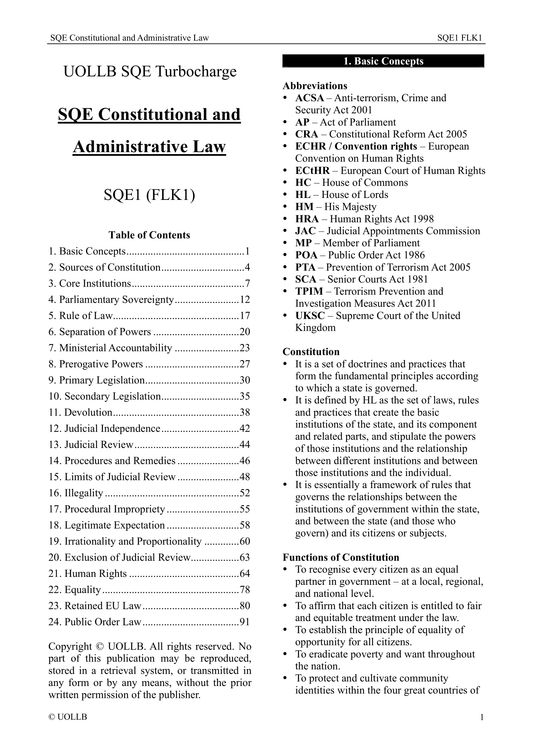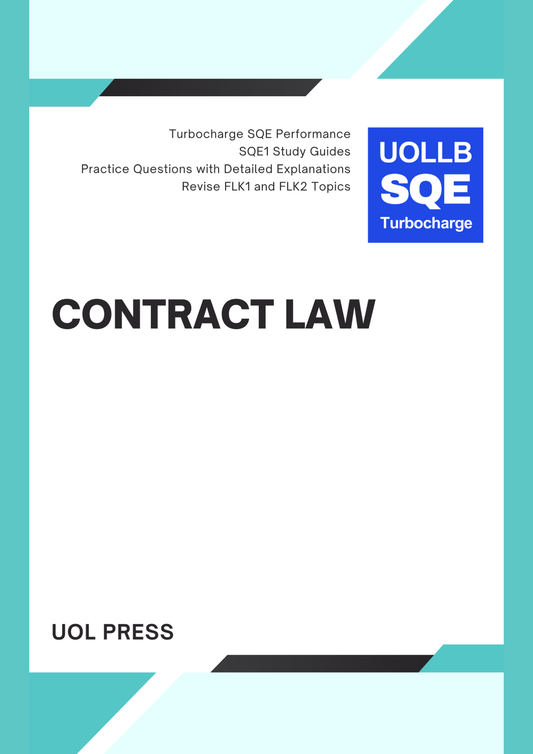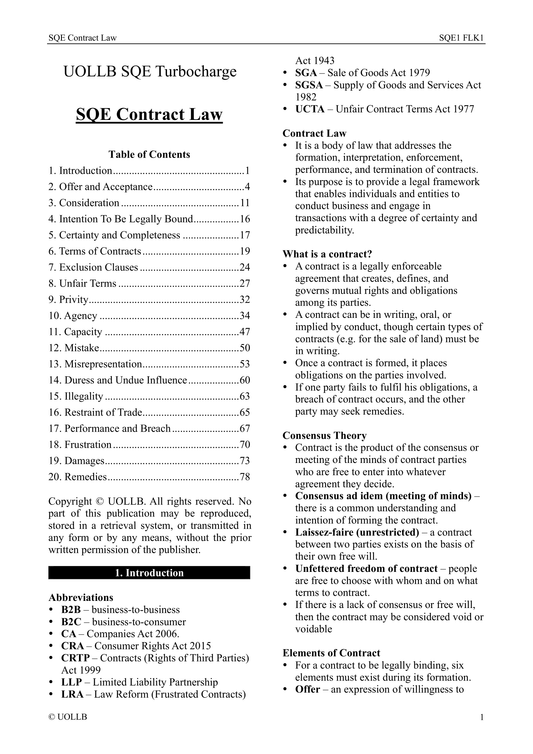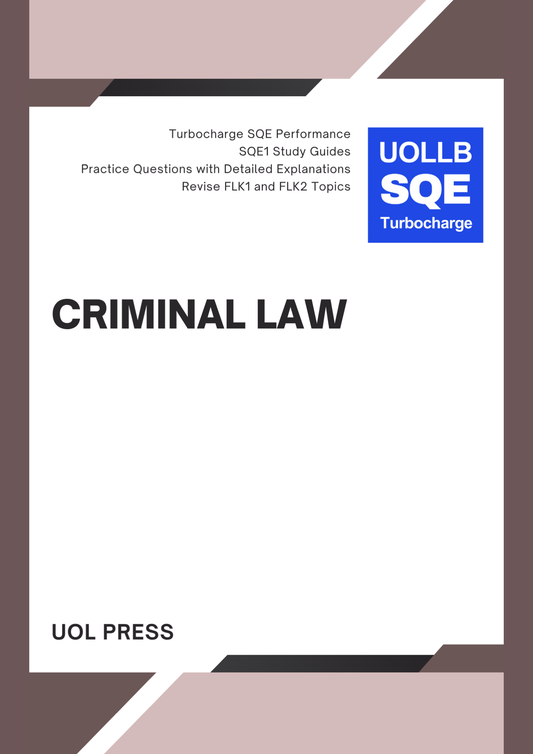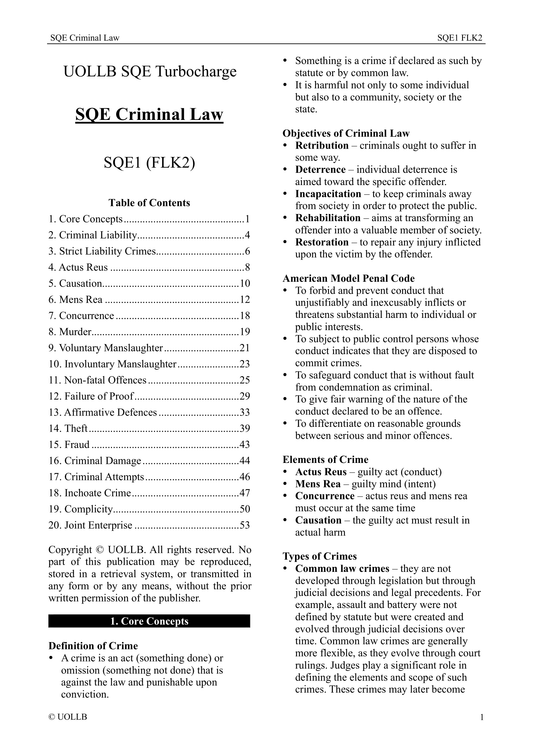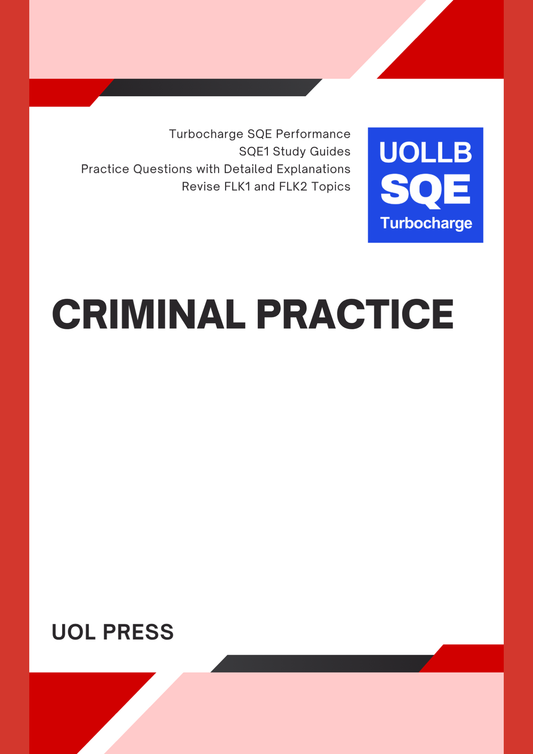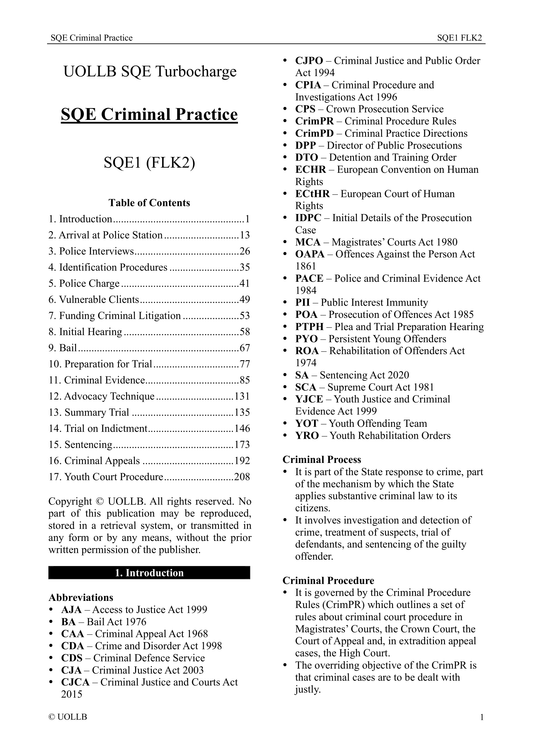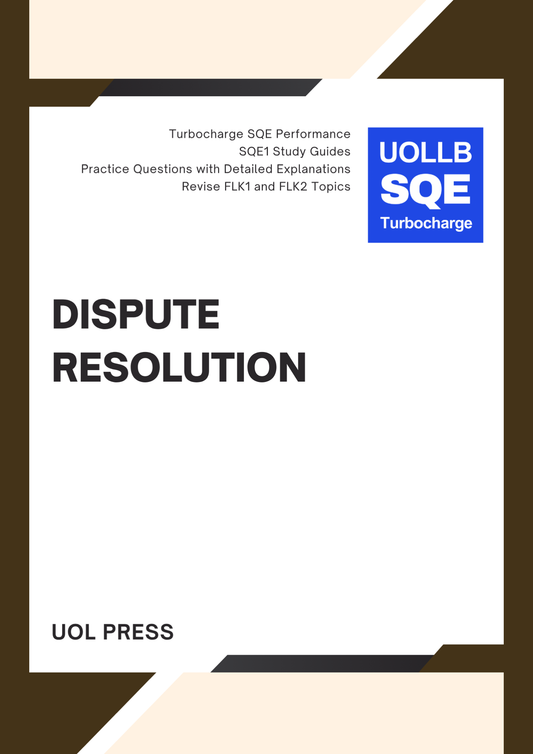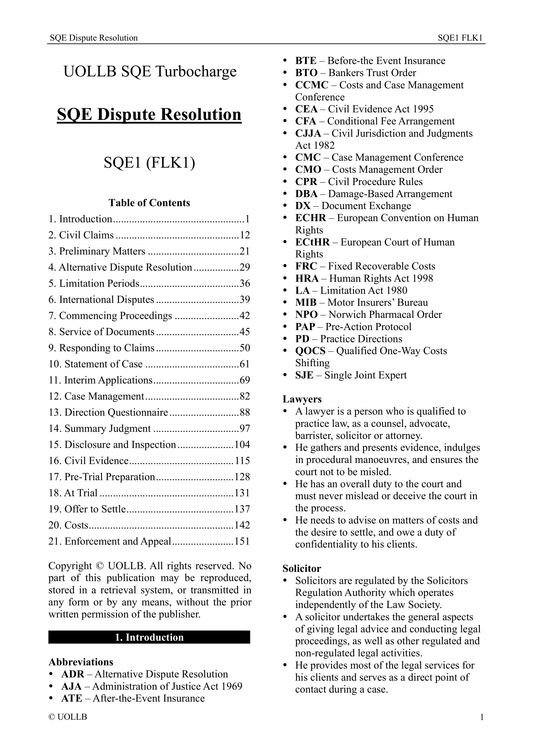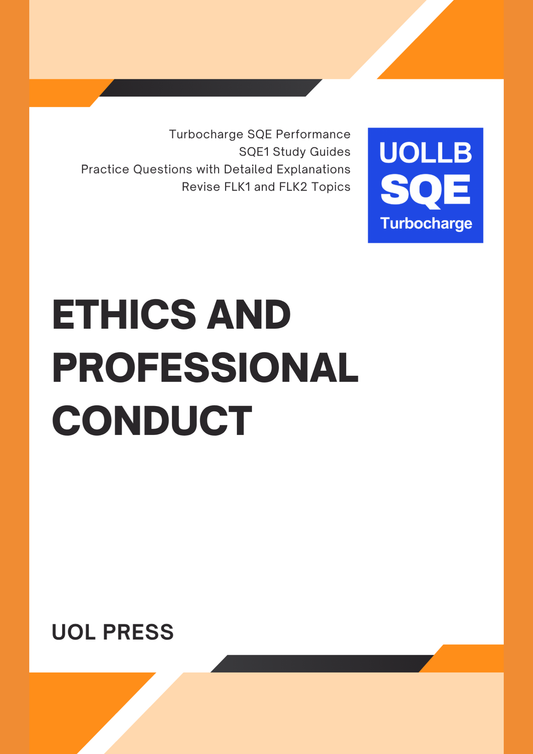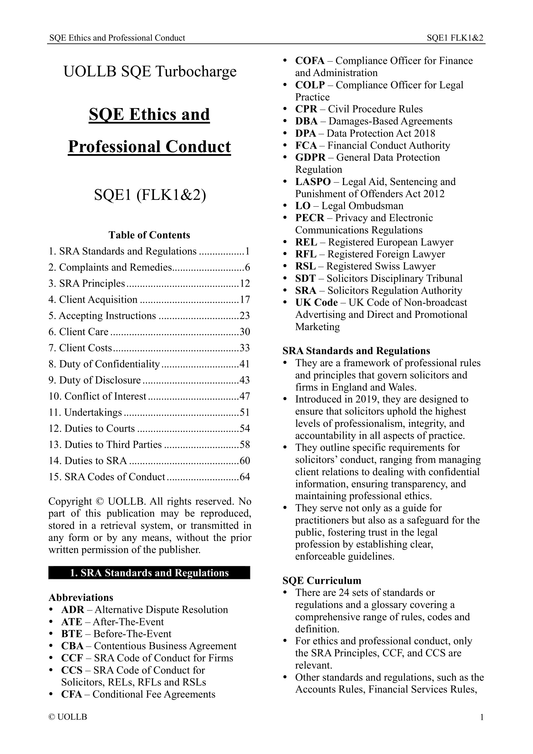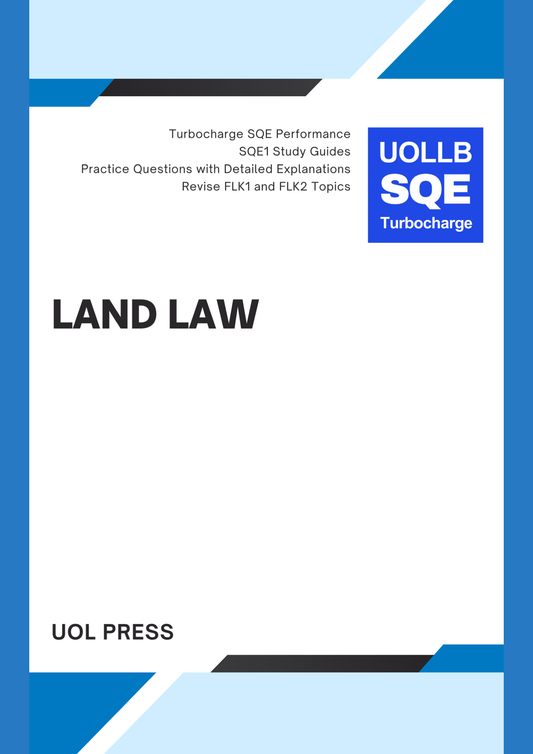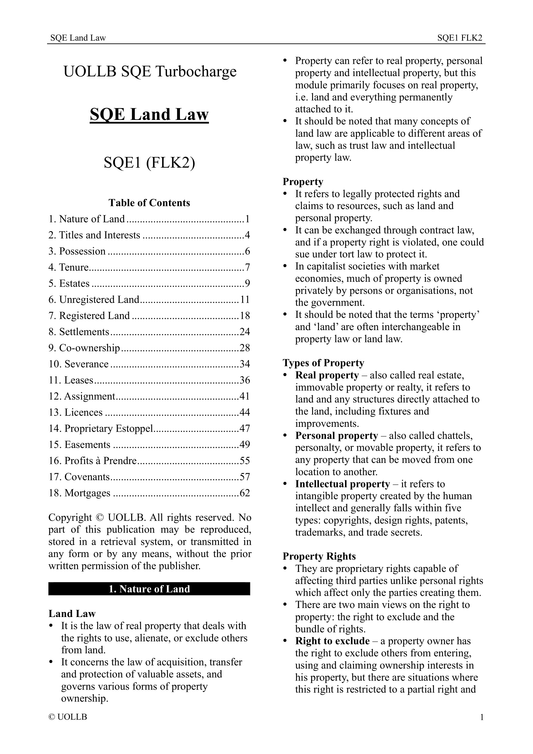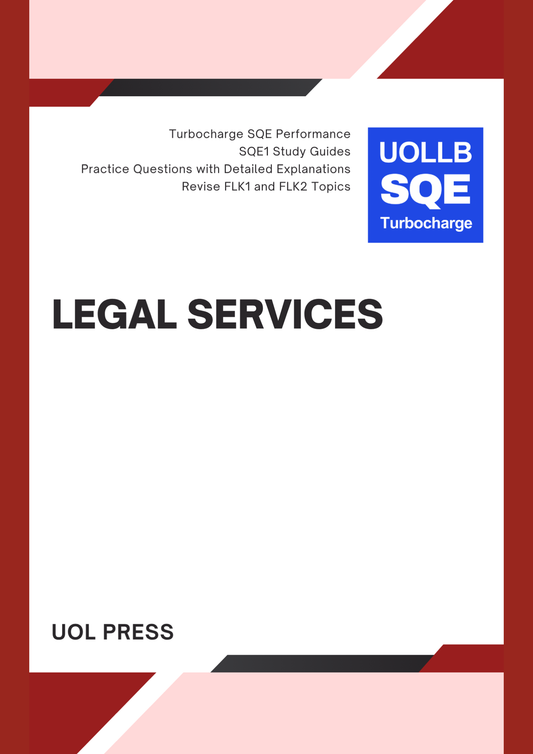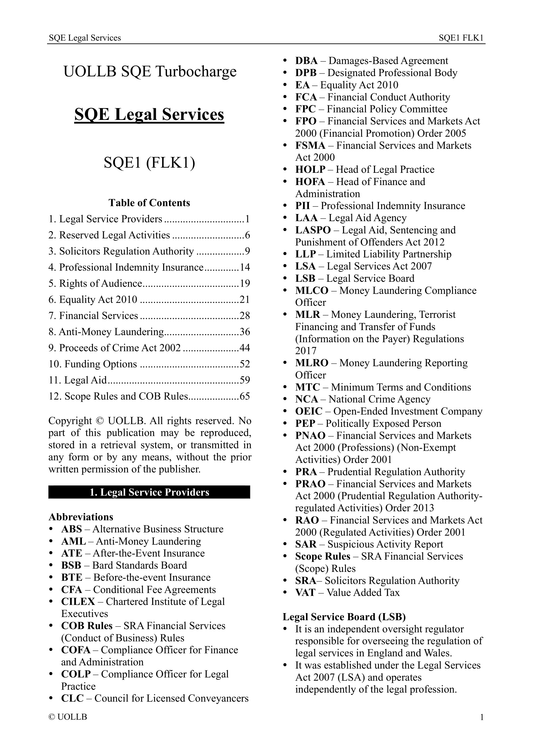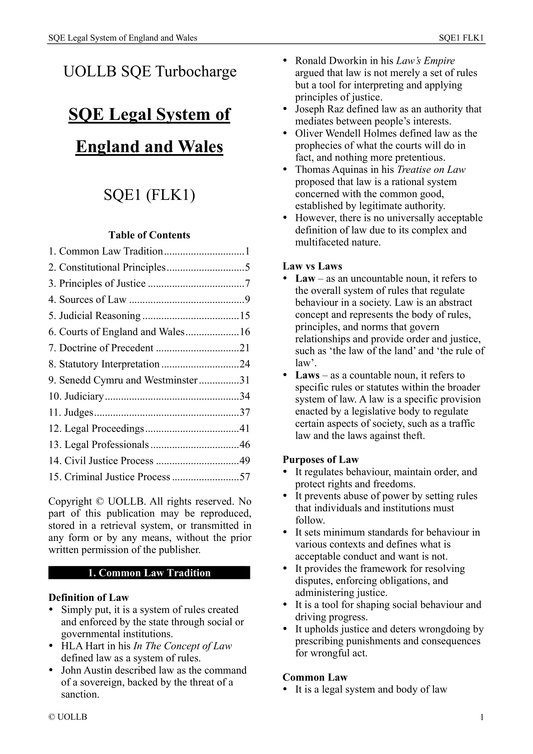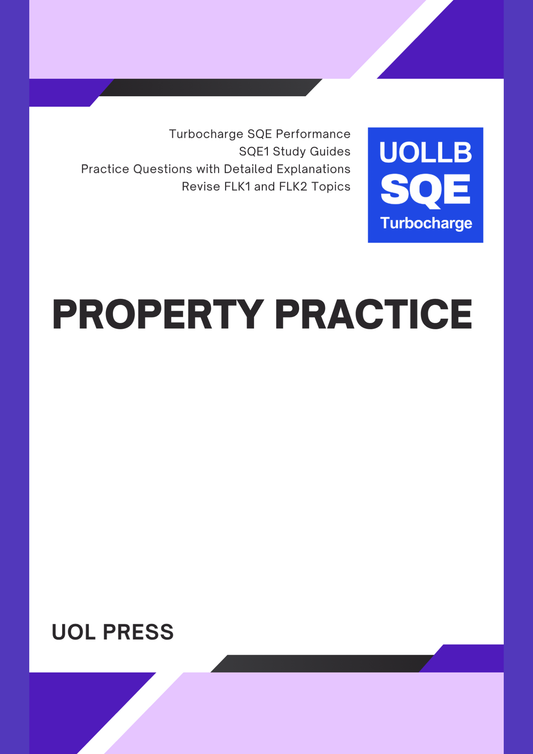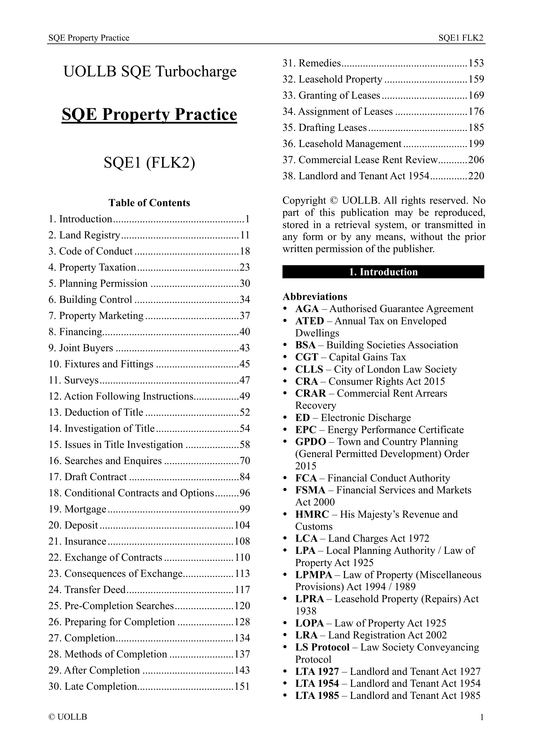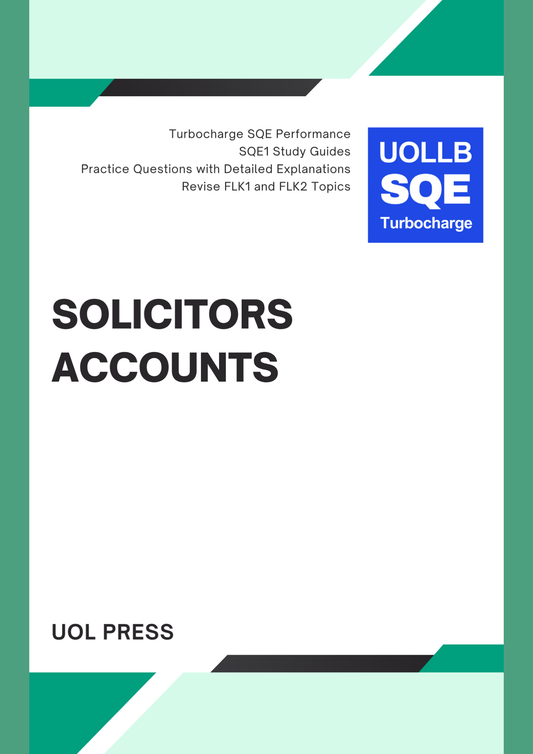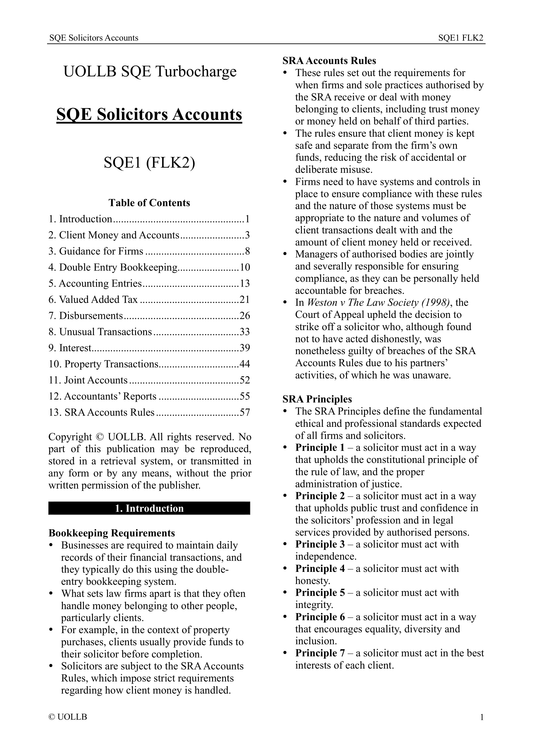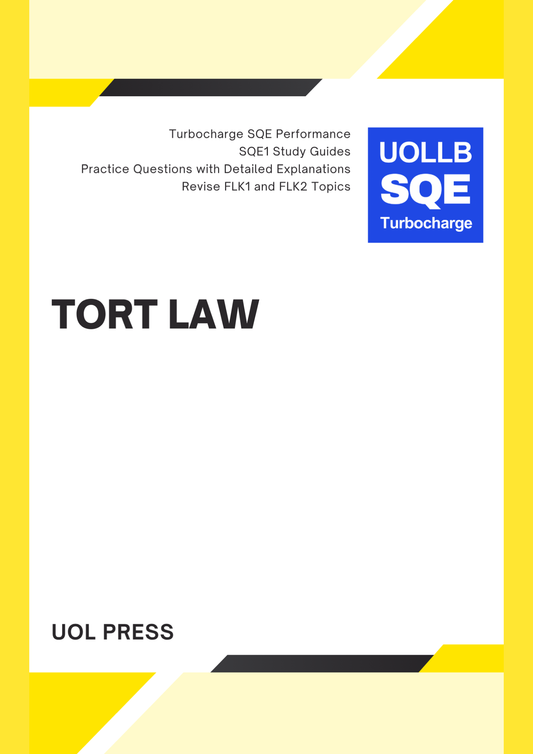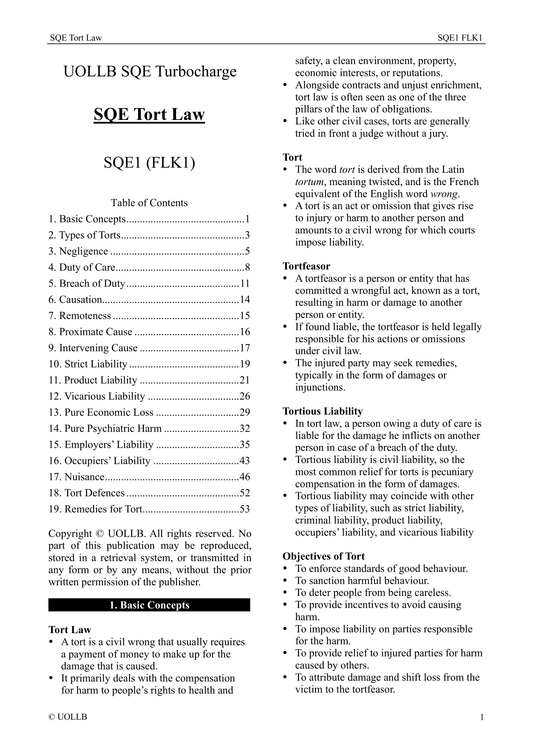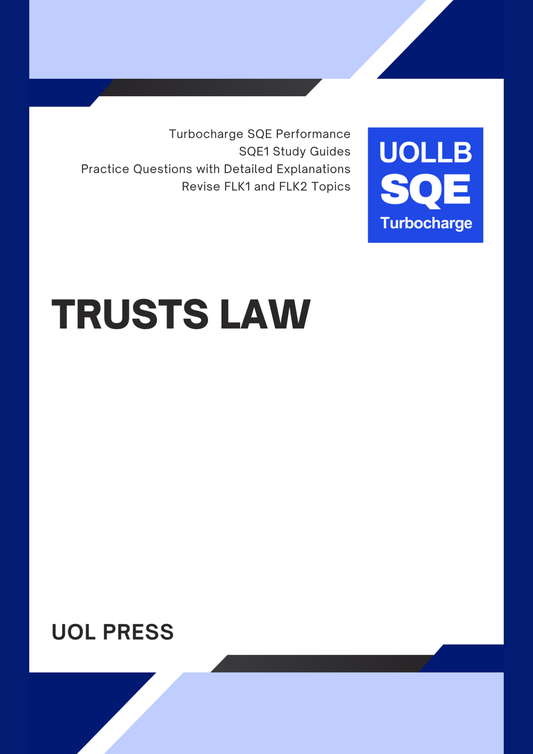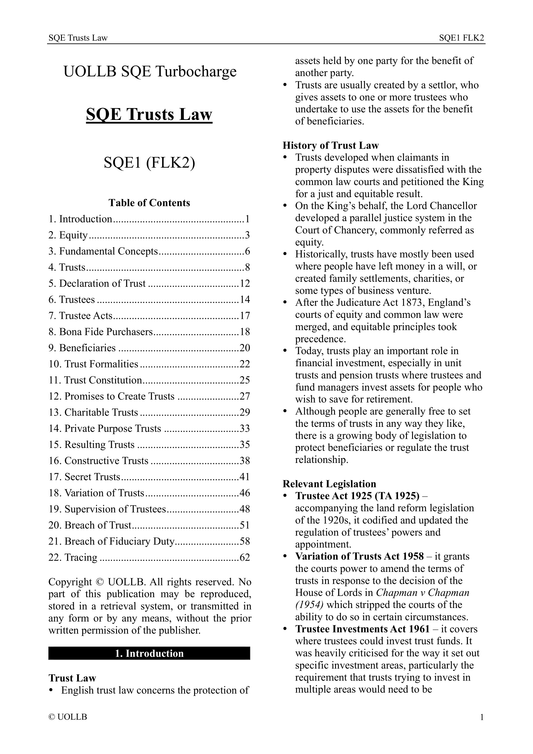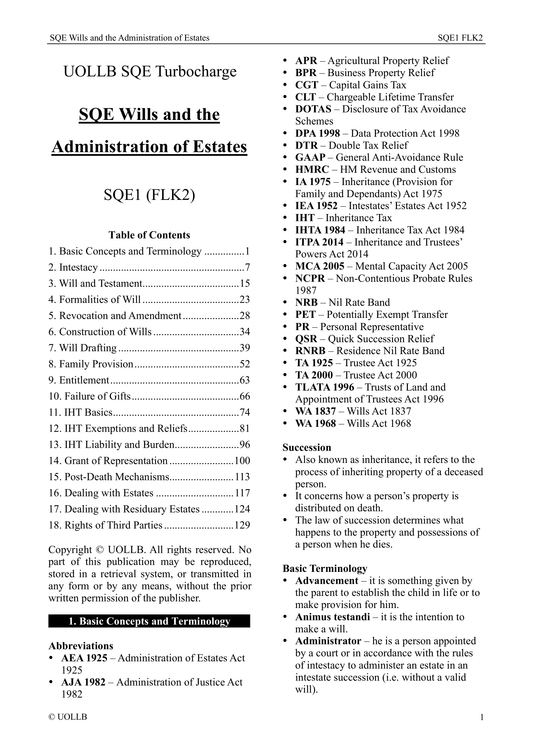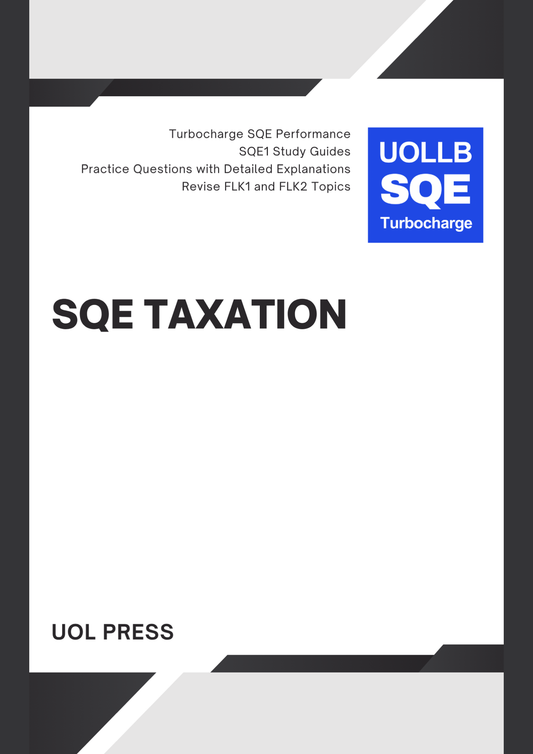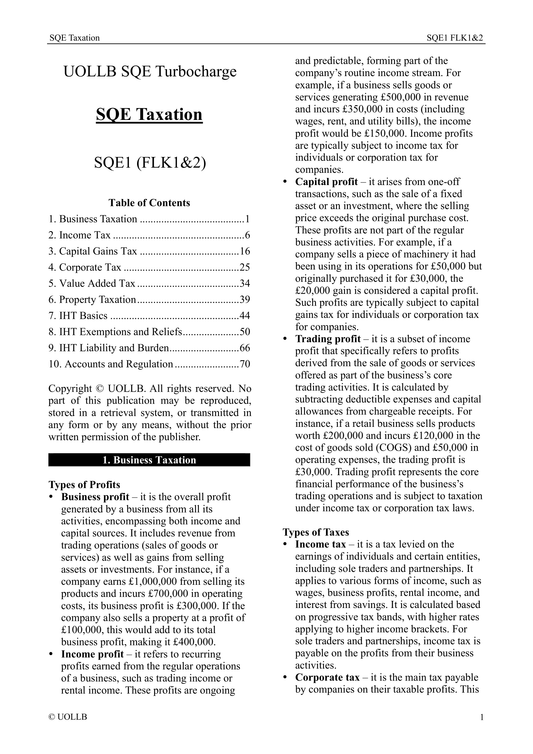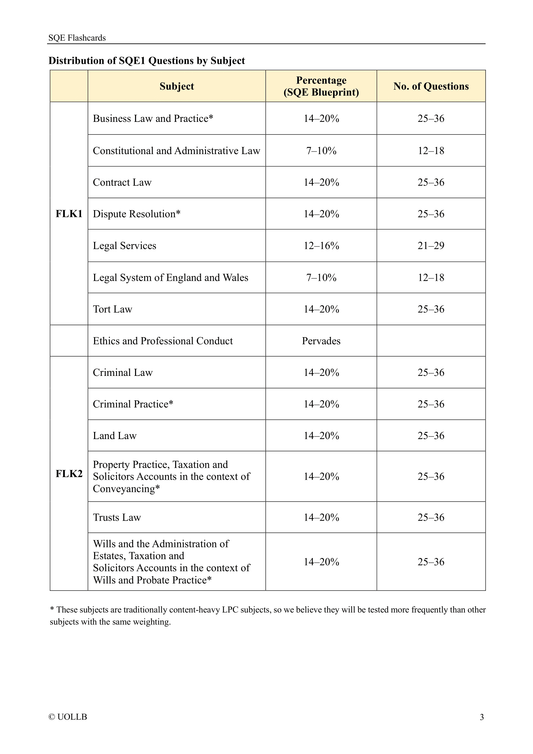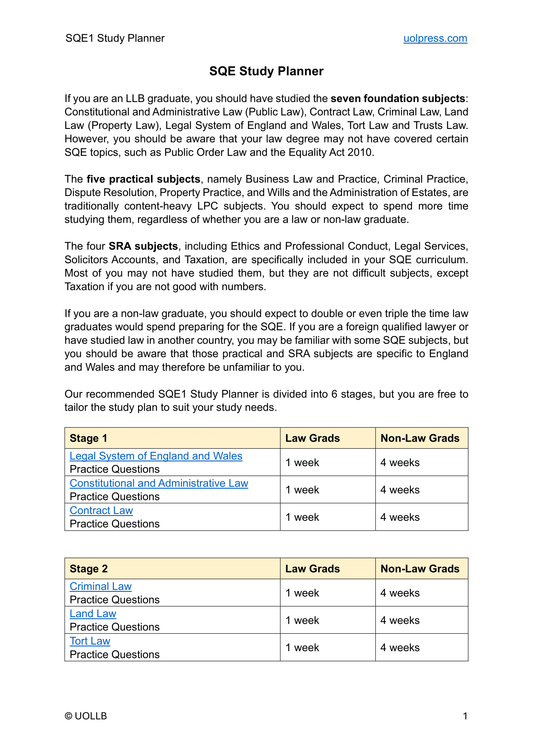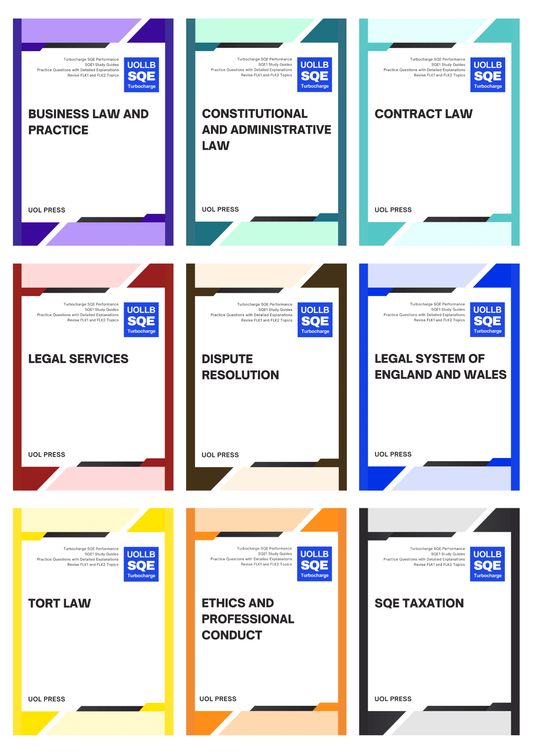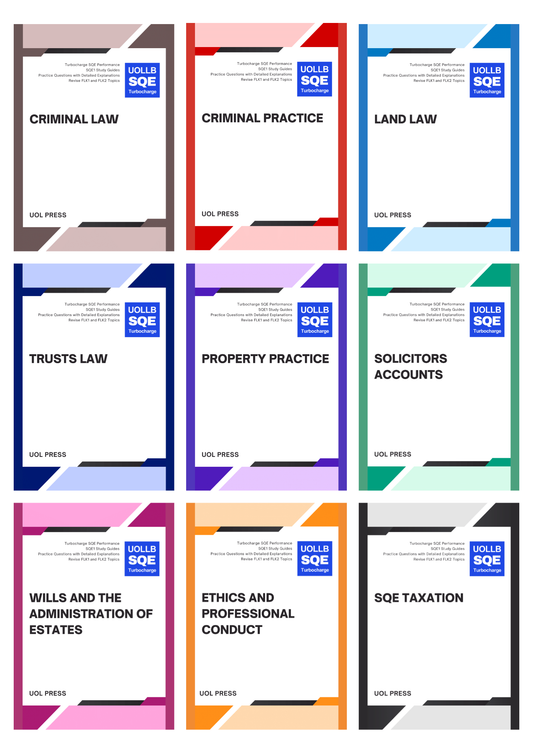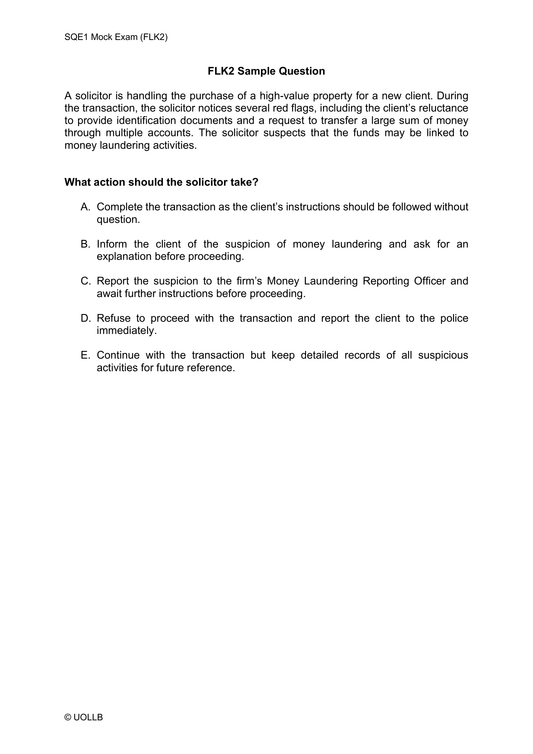Top 10 Tips for Securing a Training Contract
Share
For many aspiring solicitors, securing a training contract is the most competitive and stressful part of the legal career journey. With thousands of candidates applying each year for a limited number of places, law firms are highly selective. They want applicants who can demonstrate not only academic ability but also commercial awareness, resilience, and a genuine interest in the legal profession. If you are serious about pursuing a career in law, careful preparation is essential. Below are ten detailed tips to help you stand out in the UK legal market.
1. Aim for Strong Academic Results
Most leading firms set a minimum requirement of at least a 2:1 degree, and many will also look closely at A-level results and performance on postgraduate qualifications such as the SQE or LPC. Strong grades are not everything, but they are often the first hurdle in the selection process. A consistent academic track record demonstrates discipline and intellectual ability, both of which are vital for the demanding work of a solicitor. If your results are not perfect, it becomes even more important to strengthen other parts of your application and to be prepared to explain how you have overcome challenges.
2. Build Genuine Commercial Awareness
Law firms operate in a business environment and expect their trainees to understand how global events, financial markets, and political developments affect their clients. You should read quality newspapers such as the Financial Times or The Times, follow industry reports, and learn how to discuss current affairs in a way that links back to legal practice. For example, if interest rates rise, what might that mean for a firm’s banking clients? If new regulations are introduced, how could this affect corporate deals? Being able to explain these connections demonstrates maturity and insight, qualities firms prize in future trainees.
3. Research Each Firm Thoroughly
Every firm has its own culture, values, and practice areas. Submitting generic applications is one of the most common mistakes candidates make, and recruiters can identify them immediately. Instead, you should tailor each application to the specific firm, demonstrating knowledge of their recent deals, cases, or strategic direction. For instance, a candidate applying to a City firm with a strong mergers and acquisitions practice should highlight an interest in corporate law and refer to relevant transactions the firm has advised on. This level of detail shows genuine motivation and helps you stand out.
4. Gain Practical Legal Experience
Vacation schemes are the most direct route to a training contract, as they allow firms to assess candidates in a practical environment. However, other forms of experience, such as mini-pupillages, pro bono work, or even part-time jobs in customer service, can be equally valuable if you reflect on the transferable skills you gained. What matters most is the ability to show how your experiences developed qualities like teamwork, communication, and attention to detail. Candidates who can give concrete examples from their experiences often perform better at interview.
5. Network and Make Connections
Attending law fairs, firm presentations, and open days allows you to meet lawyers face to face and gain insights into firm culture. Building connections through LinkedIn or alumni networks can also give you access to advice that goes beyond what is publicly available. While networking will not guarantee you a training contract, it can help you make informed choices about which firms to apply to and give you useful talking points in your applications.
6. Develop Excellent Communication Skills
Communication skills are another area that firms test rigorously. Solicitors must be able to explain complex legal issues clearly and concisely to clients who may not have a legal background. This skill should be demonstrated in every stage of the process, from how you draft application answers to how you present yourself in interviews and assessment centres. Practising how to articulate ideas in a logical and confident way, without jargon, will put you at a clear advantage.
7. Show Resilience and Perseverance
The application process is highly competitive, and most candidates will face rejection at some stage. Firms value applicants who can learn from setbacks and persevere. Being able to reflect on challenges, adapt your strategy, and maintain motivation demonstrates the kind of determination that is essential in legal practice, where long hours and demanding clients are common.
8. Get Involved in Extracurricular Activities
Participation in law society events, mooting, debating, volunteering, or student leadership roles all demonstrate initiative and commitment. They also provide opportunities to develop practical skills that will be useful in practice, such as advocacy, negotiation, and time management. Importantly, these activities also show that you are a well-rounded individual with interests beyond academics.
9. Pay Close Attention to Detail
Law firms expect trainees to draft documents and review contracts with absolute precision. A single spelling or formatting mistake in an application form can undermine an otherwise strong candidate. Always proofread applications carefully and, if possible, ask a friend or mentor to review them. Meticulous attention to detail signals to firms that you understand the professional standards expected of a solicitor.
10. Be Authentic and Genuine
Firms are also looking for individuals who will fit into their teams. Trying too hard to say what you think recruiters want to hear can come across as insincere. Instead, focus on communicating your genuine motivations for pursuing a career in law, the areas you are most interested in, and what you can uniquely contribute. Firms hire people, not robots, and an authentic, self-aware candidate will often leave a stronger impression than one who relies on rehearsed answers.
Securing a training contract is no easy task, but with preparation, persistence, and a thoughtful approach, it is entirely achievable. If you can combine strong academics with commercial awareness, tailor each application, gain practical experience, and present yourself authentically, you can significantly increase your chances of success. The process may be competitive, but for those who are committed, it is also an opportunity to develop the skills and resilience that will serve you well throughout your legal career.

